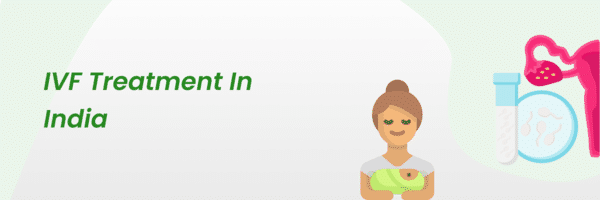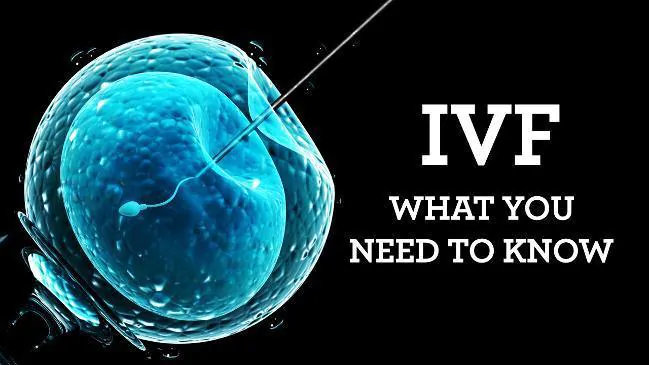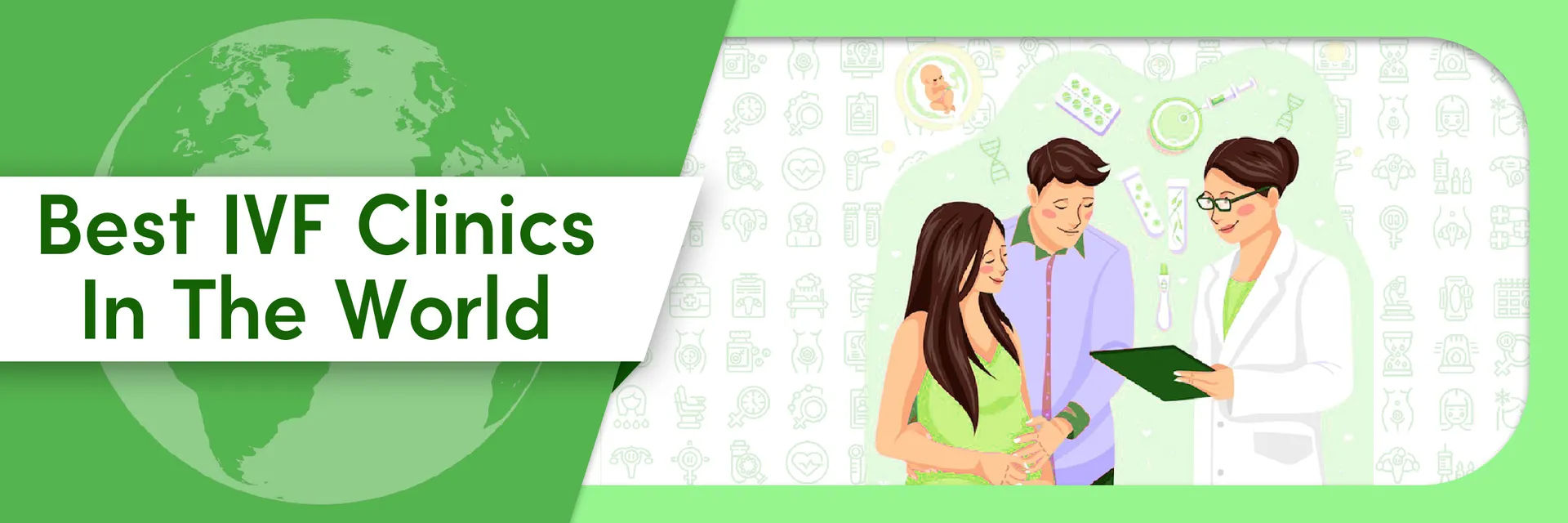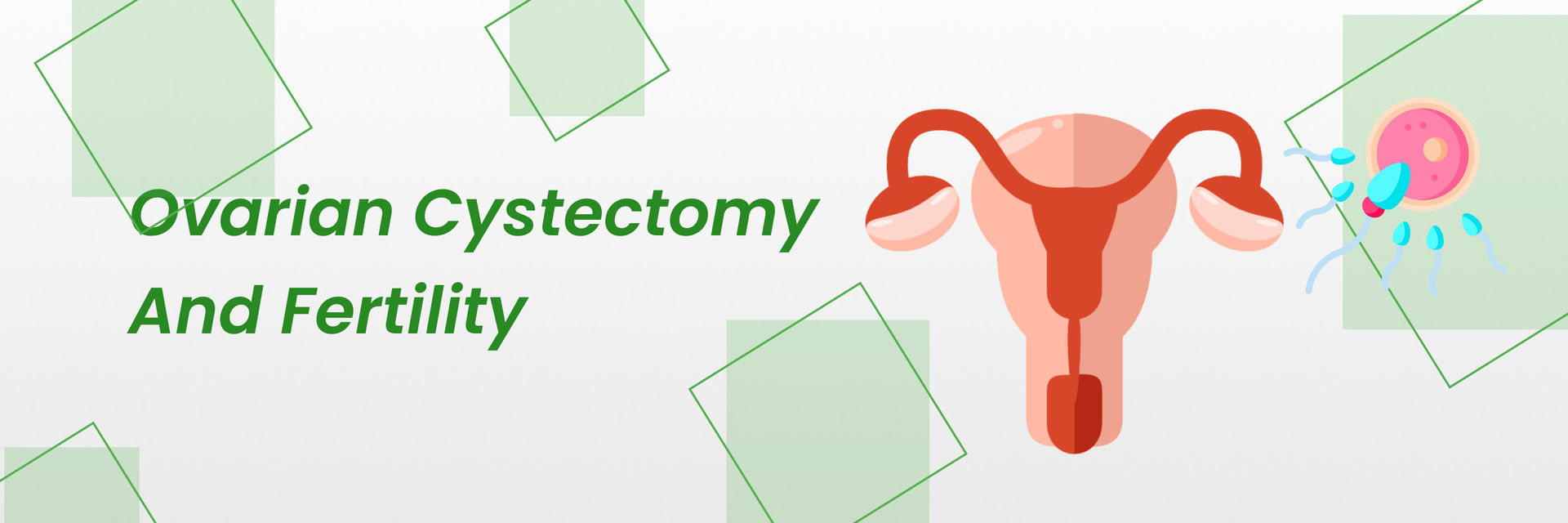How does adenomyosis affect fertility?
The tissues that grow into the uterus wall are called adenomyosis. This adenomyosis alters the shape of the uterine cavity. This makes it difficult for the sperm to move. The embryo also finds it difficult to transport and get implanted.
The presence of fibroid tissue in the area of implantation causes problems with the attachment of the embryo to the uterus wall. This results in low rates of pregnancy.
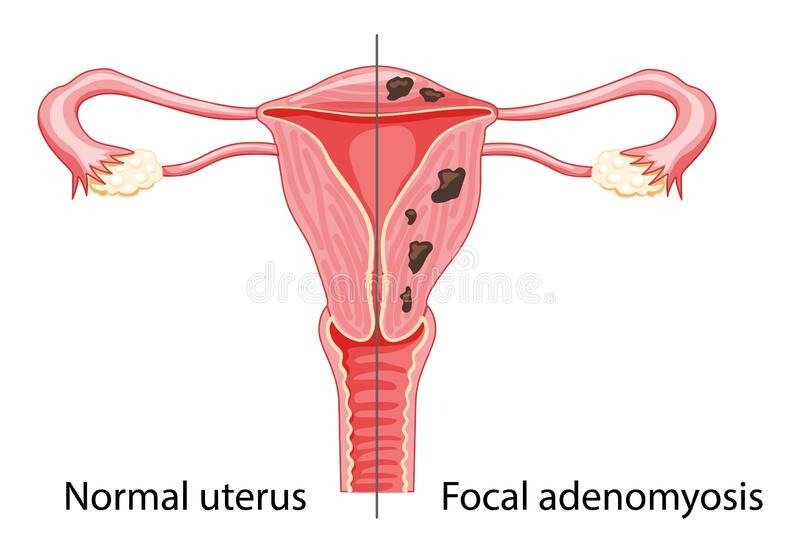
As per NCBI, adenomyosis affects fertility in the following ways:
- Reduces the chances of an embryo getting implanted.
- Reduces the number of embryos that are transferred.
Take charge of your health with the best treatment. Book your consultation now.
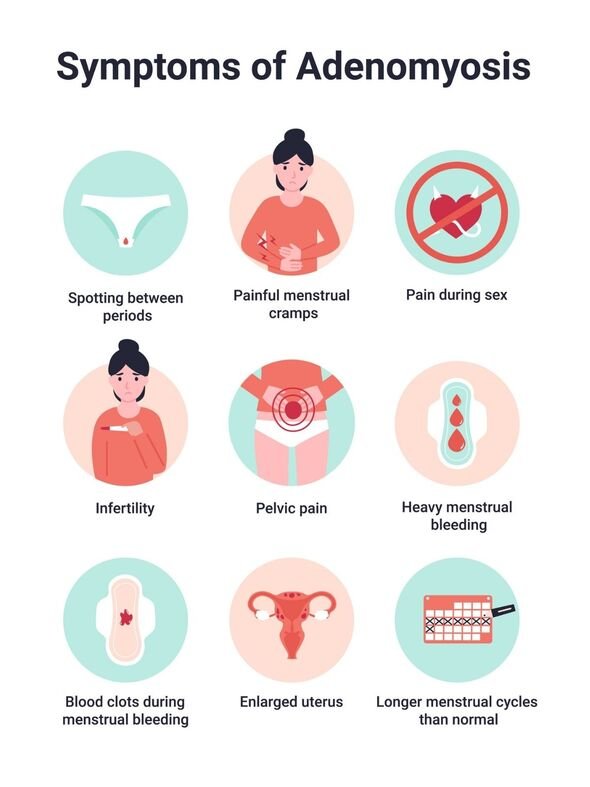
Do you have high risks in your pregnancy if you have adenomyosis? Keep reading to find out!
Is pregnancy with adenomyosis high risk?
In adenomyosis, tissues lining the uterus grow into its muscular wall. This can cause high risks during pregnancy. It can lead to the following things:
- Pregnancy loss at an early stage
- Restricted growth
- Preterm delivery
- Preeclampsia
The exact reason behind these complications is not fully understood. But, the possible reasons include:
- Abnormal uterine shape
- Impaired endometrial function
- Uterus inflammation
These complications can harm both the mother and the baby.
- The tissues of the uterus growing into the walls alter the uterine shape. The changes in uterine shape affect implantation. This can lead to the loss of a pregnancy at an early stage.
- Adenomyosis causes problems like fetal growth restrictions and preterm delivery. The growth of tissues during adenomyosis causes inflammation in the uterus. This creates a hostile environment for the baby’s growth. The embryo struggles to get nutrition from its mother's blood.
- Adenomyosis also causes preeclampsia. This causes HBP and issues with the mother's organs. It can lead to a stroke or organ failure. This can also harm the baby, as it might lead to premature birth or death.
People who are dealing with adenomyosis and fertility concerns are advised to seek guidance from their doctor. They can explore appropriate treatment options and fertility interventions tailored to address the specific challenges associated with adenomyosis, potentially improving the chances of successful pregnancy.
Is it possible to get pregnant naturally with adenomyosis? Let's look at the answer.
Can you get pregnant naturally with adenomyosis?
It is known that adenomyosis and fertility are related, and the former can affect the latter. It seems difficult to get pregnant naturally with adenomyosis. However, it is possible!
Adenomyosis blocks the fallopian tubes, which causes problems with conception. Adenomyosis also causes inflammation in the pelvis. This disrupts the working of the pelvic organs and makes it difficult to get pregnant.
There are certain medications that help control the symptoms of adenomyosis. Women who want to have children can opt for hormonal suppression through birth control. They can also use an intrauterine device to reduce the symptoms of adenomyosis until they are ready to conceive.
Will you have a successful pregnancy in IVF with adenomyosis? Continue reading to find out!
Can IVF be successful with adenomyosis?
Study indicates that adenomyosis may affect the success rates of IVF. The reduction in success rate depends on the severity of adenomyosis.
There are specialized treatments available that can help improve the rates of IVF in people with adenomyosis and fertility concerns. These treatments include:
- Embryo transfer to a part of the uterus that is unaffected
Take the first step to recovery. Get in touch with us for your treatment.
What are the chances of miscarriage with adenomyosis?
IVF is considered an effective treatment for infertility, but when it comes to adenomyosis and fertility, the risk of miscarriage increases. One study looked at women who used donated eggs that were of good quality. This ruled out any possibility of pregnancy failure due to poor egg quality. The women were chosen because they already had adenomyosis.
After the study, it was found that women with adenomyosis have twice the risk of miscarriage as compared to those who do not. Adenomyosis certainly increases the risk of miscarriage.
The chances that you will have a miscarriage depend on the severity of adenomyosis. The age of the woman and her health condition are also important factors to consider.
Women with adenomyosis are at high risk of miscarriage. Adenomyosis causes changes in the shape of the uterus. It causes inflammation, hormonal imbalances, and impairs blood flow to the placenta.
However, there are cases where women with adenomyosis also had successful pregnancies. It all depends on the proper diagnosis and treatment of adenomyosis. Early diagnosis and treatment can help manage the symptoms of adenomyosis. It can help with successful pregnancies.
While you now know the effects and consequences of adenomyosis, you should also be aware of the treatment methods. Let’s see what the treatment options are!
How is adenomyosis treated?
There are various ways to treat adenomyosis. Hormonal birth control, medication or surgery are some of the ways. Women who have mild symptoms can manage the condition without surgery until menopause. However, in severe cases, it is necessary to remove the uterus through surgery.

- Hormone treatment - It is one of the prime treatments for adenomyosis. Birth control pills, progesterone IUD's are some of the methods. The results can be seen after 3 to 6 months when using pills. It may take a year to show results with IUDs.
- Tranexamic acid - It is a medication that reduces heavy bleeding during periods. It is a non-hormonal pill that you can take during menstruation. This treatment is helpful for women who cannot use or do not prefer hormonal treatments.
- Hysterectomy- The only way to completely stop adenomyosis is the surgical removal of the uterus. This is called a hysterectomy. In this surgery, the ovaries and fallopian tubes are not removed.
There are a few different ways of performing a hysterectomy:
- Abdominal hysterectomy: a large cut in the abdomen.
- Laparoscopic hysterectomy: small cuts in the abdomen with a special telescope to remove the uterus.
- Vaginal hysterectomy: removing the uterus through the vagina, but it is not suitable for everyone.
- Endometrial ablation-Women who don’t want hysterectomy opt for endometrial ablation. This procedure uses heat to destroy the lining of the uterus. This helps to alleviate the issue of heavy bleeding during menstrual periods. However, the underlying cause remains untreated with this method. This method does not remove myometrium. So, it is not a proper treatment for adenomyosis. But it is still one of the ways to manage it.
What is adenomyosis and pregnancy success rate?
Adenomyosis impacts fertility in women. As discussed earlier in the article, there are complications associated with pregnancy with adenomyosis.
Women with adenomyosis are at high risk of miscarriage. There are potential complications that occur during birth. Like preterm delivery, premature birth and death. In many cases, adenomyosis also affects the success of IVF.
Your well-being is our priority - call us to book your appointment today.
References:
https://www.ncbi.nlm.nih.gov/pmc/articles/PMC5049976/

